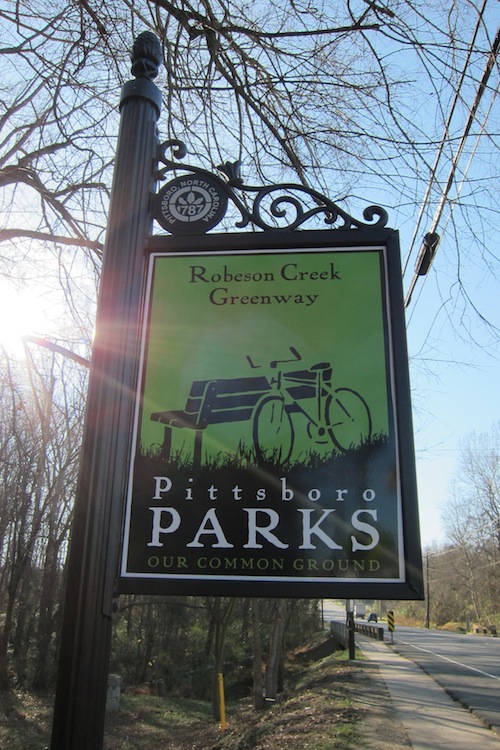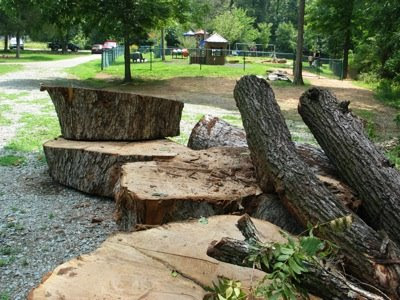Free Range Kids & Nature Deficit Disorder
I love this map from a great article in the Daily Mail, of all places. The basic premises are that kids don't get to roam independently as much as they used to, and that exposure to nature has huge positive health and psychological benefits for all of us. Granted the actual landscape and the landscape of risk has also changed in the time period referenced, so depending on one's specific environment, it may make more or less sense to trust our most precious resources, our children, to roam free range. Designing communities with walkability and children's safety is a laudable goal, but that's a rant for another day. I, of course had to walk to school in the snow, uphill, both ways, so stay off my lawn.
Finding the balance between providing an acceptable level of risk, as well as challenges that help kids be more resilient and able to cope with stress, is critical. Kids with no challenges, no risk, and no stress are not likely to develop much character. On the other hand, the lowest performing kids academically are often those who live in high stress environments not of their choosing. Having the fight or flight response triggered almost constantly in day to day life is antithetical to learning or healthy development. The adrenalized, cortisol reaction makes concentration very difficult and causes major health problems which persist throughout their lives.
Parks, of course, allow a safe place for kids and adults to de-stress the bad stress while also providing challenges that encourage the good stress, like climbing to the top of the climbing sculpture, meeting new playmates, having unstructured play in the woods, or competing on the soccer field. Active living has gained acknowledgement in the public health realm as being vital for our health. I suspect that the next big wave will be about the importance of interacting with the natural world and how vital that is to our health. This is already happening to some extent, with lots of research to back it up. Some key findings are referenced in the article linked above.
A quick excerpt from the Daily Mail article:
Finding the balance between providing an acceptable level of risk, as well as challenges that help kids be more resilient and able to cope with stress, is critical. Kids with no challenges, no risk, and no stress are not likely to develop much character. On the other hand, the lowest performing kids academically are often those who live in high stress environments not of their choosing. Having the fight or flight response triggered almost constantly in day to day life is antithetical to learning or healthy development. The adrenalized, cortisol reaction makes concentration very difficult and causes major health problems which persist throughout their lives.
Parks, of course, allow a safe place for kids and adults to de-stress the bad stress while also providing challenges that encourage the good stress, like climbing to the top of the climbing sculpture, meeting new playmates, having unstructured play in the woods, or competing on the soccer field. Active living has gained acknowledgement in the public health realm as being vital for our health. I suspect that the next big wave will be about the importance of interacting with the natural world and how vital that is to our health. This is already happening to some extent, with lots of research to back it up. Some key findings are referenced in the article linked above.
A quick excerpt from the Daily Mail article:
The report's author, Dr William Bird, the health adviser
to Natural England and the organiser of a conference on nature and health, believes children's long-term mental health is at risk. He has compiled evidence that people are healthier and
better adjusted if they get out into the countryside, parks or gardens.
Stress levels fall within minutes of seeing green spaces,
he says. Even filling a home with flowers and plants can improve concentration
and lower stress.
"If children haven't had contact with nature, they
never develop a relationship with natural environment and they are unable to
use it to cope with stress."
"Studies have shown that people deprived of contact
with nature were at greater risk of depression and anxiety. Children are
getting less and less unsupervised time in the natural environment."
"They need time playing in the countryside, in parks
and in gardens where they can explore, dig up the ground and build dens."
Here's another great article with similar themes containing links to resources on Nature Deficit Disorder, Free Range Kids, and more.



Comments
Post a Comment